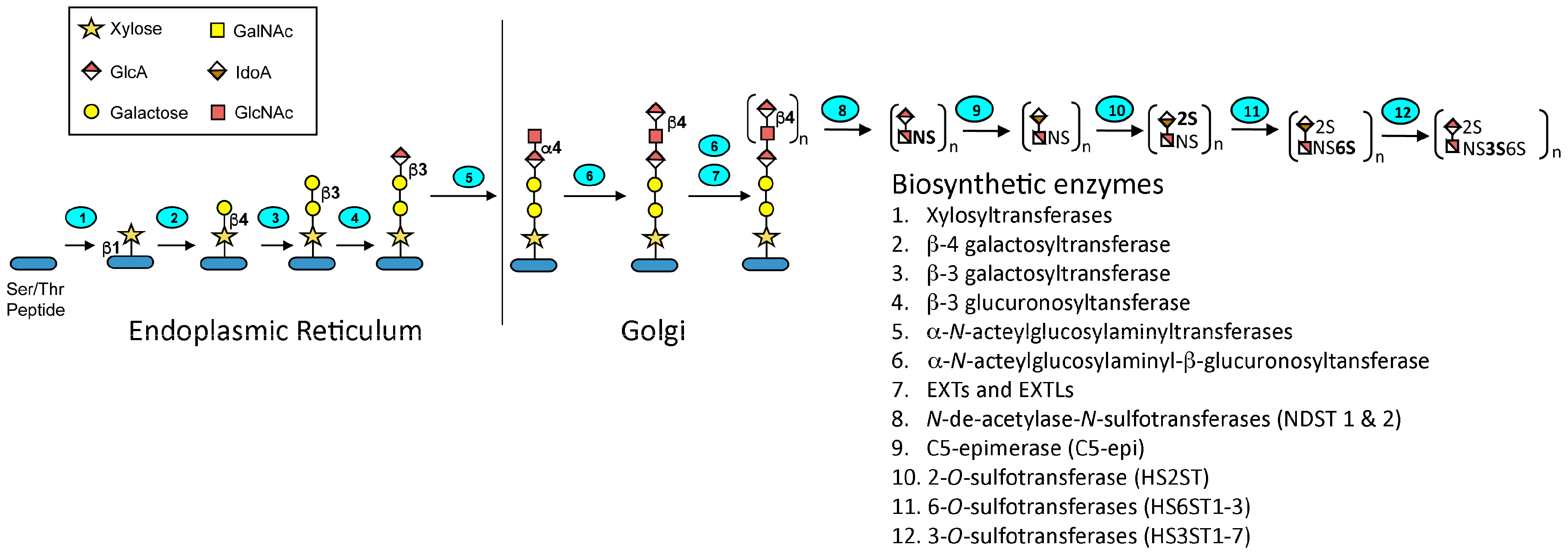
#Antidote of heparin skin#
Other serious side effects of excessive warfarin include: pain, swelling, hot or cold feeling, skin changes, or discoloration anywhere on your body or sudden and severe leg or foot pain, foot ulcer, purple toes or fingers. Seek emergency help or call 911 right away if you have any symptoms or bleeding that will not stop.

heavy or abnormal bleeding with your menstrual period.bloody or red, or tarry (black-colored) bowel movements (stool).Symptoms of too much warfarin may include: What are the symptoms if I take too much warfarin?īleeding is the most common side effect of warfarin.Īn overdose of this medicine can cause excessive bleeding, which may be life-threatening or fatal. High INR levels put you at risk for dangerous bleeding. Low INR levels may mean you are at risk for a blood clot that could be harmful.INR tests can help your doctor decide on the best dose of warfarin for you. Therefore, the effect of warfarin must be monitored carefully with blood testing.Just like having too much warfarin increases the risk of bleeding, having too little warfarin puts you at risk of forming a blood clot.Your doctor will regularly monitor your warfarin with a simple blood test called an International normalized ratio, or INR. In some cases, no vitamin K will be needed. If your INR is elevated but you are not bleeding, your doctor may decide to just hold or reduce your dose of warfarin. holding your warfarin dose, giving intravenous vitamin K and using fresh frozen plasma (FFP), prothrombin complex concentrate (PCC) or other agents to replace vitamin K-dependent clotting factors (factors II, VII, IX, X).Īn INR is a blood test that evaluates your body's response to warfarin.holding warfarin and giving oral vitamin K.Agents to replace vitamin K-dependent clotting factors might be used in serious or life-threatening bleeding.ĭepending upon the level of bleeding, INR level, and risk factors for serious outcomes, options your doctor may employ to help reverse bleeding include:.Do not take phytonadione (vitamin K) or warfarin unless told to do so by your doctor.Due to its blood clotting action, vitamin K has the potential to reverse the effects of blood thinning medications (anticoagulants) like warfarin. Bleeding events with warfarin can be reversed by the use of the made-made form of vitamin K 1, also called phytonadione.

There are several methods to reverse bleeding from warfarin, including administering vitamin K, prothrombin complex concentrate (PCC), and fresh frozen plasma (FFP). Treatment for bleeding associated with warfarin depends upon the level of bleeding, the INR elevation, and risk factors for forming a blood clot.


 0 kommentar(er)
0 kommentar(er)
